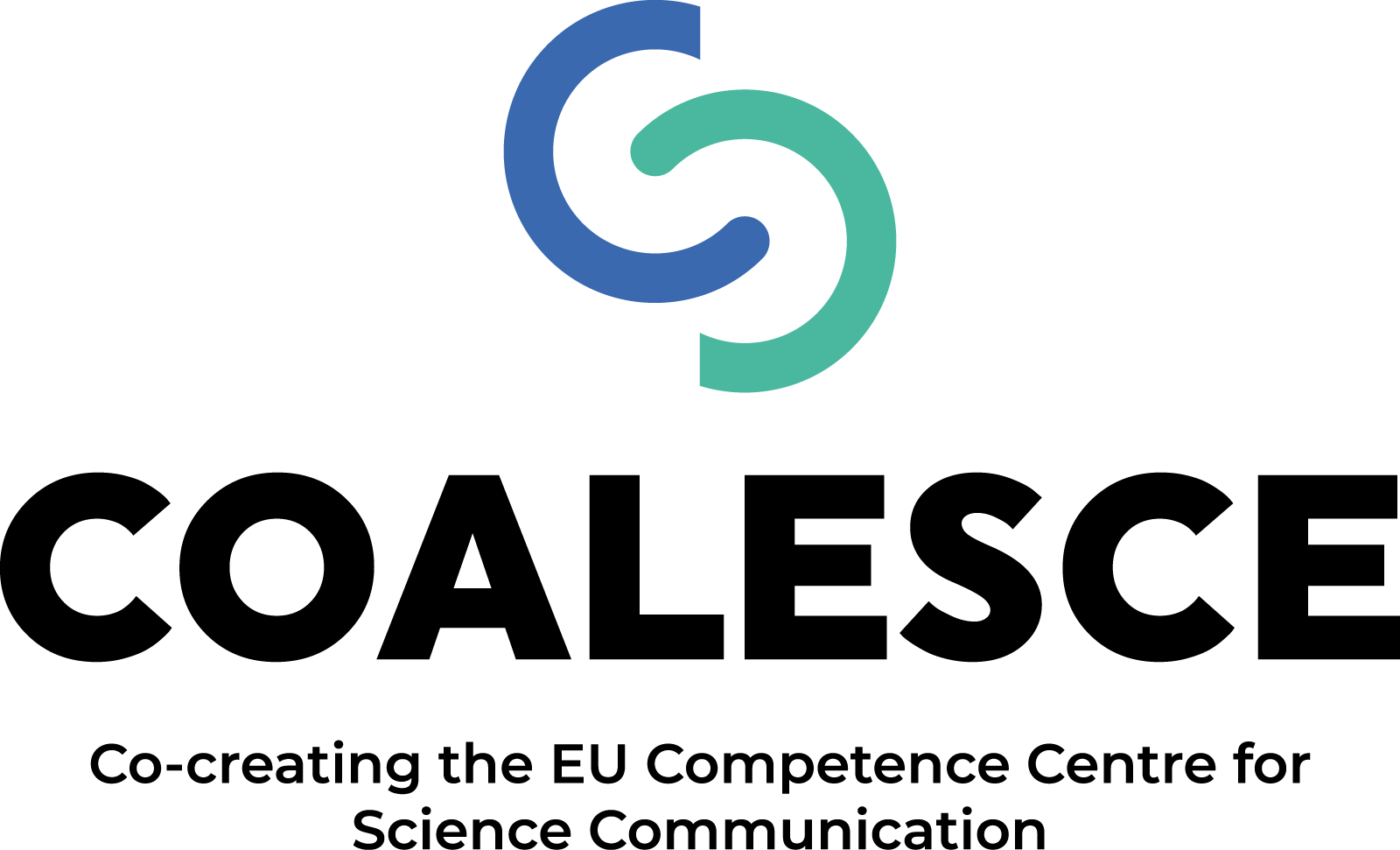Expert group looks to the future of European science communication
– Gary Hartley
Science-communication experts and policymakers from across Europe got together in a move to make effective science communication mainstream and help tackle some of society’s biggest challenges.
The professionals from nine countries met for a Mutual Learning Exercise (MLE) organised by COALESCE, which is developing a European Competence Centre for Science Communication. They discussed the strengths and weaknesses of the science communication ecosystems in each country – what currently supports the science-communication community and what presents challenges.
Growing connections
The MLE approach is itself a product coming out of the COALESCE programme of work and is aimed at pairing representatives from EU member states with research and science communications professionals, to tackle key issues such as effectively countering misinformation about scientific research.
“There is a rich and diverse variety of people working in science communication, but sometimes the community is fragmented, although they are working towards the same goal,” said Joana Magalhães, Co-Coordinator of COALESCE and MLE Chair. “One of the things that came out of the exercise is a necessity to unite, particularly in the times that we are living — of populism, of misinformation. There was also a common understanding that we need a cultural shift in terms of institutionalising science communication at different levels and we need to consider how to promote this and evaluate it.”
The MLE was held online, and included attendees from France, Estonia, Germany, Ireland, Lithuania, Portugal, Spain, Sweden and the United Kingdom. Georgios Papanagou from DG Research and Innovation provided an overview of the latest policy developments in the European Research Area.
The group discussed case studies such as Germany’s FactoryWisskomm, where the country’s government brought together industry, academia, communicators and the public to discuss advancement in science communication. The attendees also explored how connected their national science communications policies are, with the strongest connection seen between Sweden and Spain.
“There were some representatives participating in this kind of exercise for the first time. That is already rewarding for us, because they see the benefit of joining forces and understanding what others are doing and the common challenges that we may have, as well as being heard by the European Commission,” said Magalhães.
Competence Centre taking shape
The exercise was a step towards setting up a European Competence Centre for Science Communication. “The Competence Centre is for everyone involved in science communication or using science communication in their professional activities,” said Magalhães. “The idea is that we can provide a home for quality resources and connect people working in your area on similar activities. We also want to provide opportunities for training and capacity building.”
Ultimately, the team hope to bring about dedicated European science-communication funding, as well as improve access to trustworthy information about science. For the next part of the MLE, there will be four topic meetings, starting with one in Madrid in September, where the group will be taking a deeper dive into science communication in national government structures.


